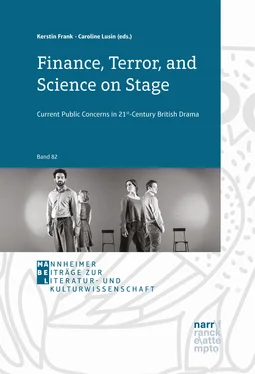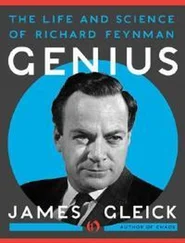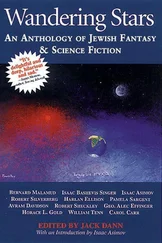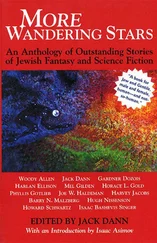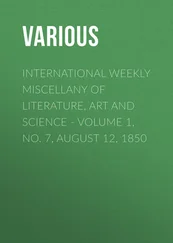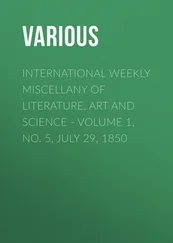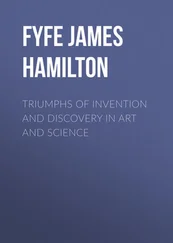While this volume of essays focuses on the connection between current public concerns and drama, its central question of what and how contemporary plays contribute to the current debates inevitably includes the aspects of dramatic form and genre. Because the fusion of a topic with a dramatic subgenre in one particular work is always unique and complex, each essay in this volume analyses only one play in depth. This volume does not attempt to provide a comprehensive overview of all forms and themes of British theatre since the year 2000;4 its aim is to present comprehensive analyses of selected key topics, each within one particular play, in a selection that is representative of theatre’s ongoing and creative engagement with matters of public interest. We believe that it is precisely the aptness of playwriting to explore the complexity, contradictions, and aporias of its topics which distinguishes the dramatic treatment of social concerns from other media.
What, then, are the most pressing and dominant public concerns in post-millennial Britain? While perceptions and priorities may vary, the incisive moments of 9/11 and the London bombings of 2005 as well as the credit crunch of 2007–08 and the recession of 2009 loom large in the short history of the new millennium, entailing political consequences and decisions that continue to fuel public controversies. Scientific developments such as the Human Genome Project (2000–03), which unravelled the structure of human genes, and the increasing “confidence – some say overconfidence” of neuroscience (Rebellato 25) also inspire hopes and fears and encourage debates about the benefits and dangers of science. Technological progress in the field of computers, tablets, smartphones, and the internet has not only sparked controversies but also changed the very nature of public debates, providing new platforms for disseminating (and shaping) information, for exchanging views, and for interacting socially in a virtual space. Besides these issues, debates about social structures and social (in)justice in Britain, and particularly about immigration and the integration of different cultural identities, are also close to the heart of the British public and played a central role in the ‘Brexit’ decision in 2016 (cf. Travis). These are the wider contexts for the topics and plays discussed in the present volume.
The essays in this collection are grouped into four main sections: ‘Politics’, ‘Finance and Austerity’, ‘Science and Technology’, and ‘Cultural Identity’. All of them focus on plays that originated in the British literary scene and were first performed in Britain, but not necessarily written by authors of British nationality. Under the rubric of ‘Politics’, Merle Tönnies discusses Mike Bartlett’s 13 (2011), demonstrating how its blending of dystopian elements with the Theatre of the Absurd raises questions about political power in a way that denies any clear answers, emphasising instead the ambiguities and complexities in modern machinations of power as well as the importance of personal responsibility. Peter Paul Schnierer shows that Richard Bean’s England People Very Nice (2009) offers an intriguing tour de force through the history of immigration in the tradition of farce, including shocking, excessive forms of humour and jarring discrepancies, but ultimately presenting immigration as a natural and beneficial process. In her essay on Mark Ravenhill’s cycle of plays Shoot/Get Treasure/Repeat (2007), Ariane de Waal analyses how its broad scope, Brechtian elements and complex use of intertextuality, condensation, and displacement present the topic of terrorism in combination with a critique of neoliberal values and rhetoric, pitting the ‘hypernormality’ of Western reality and consumer culture against the realities of war, terror, and torture, and challenging the simplifying binary opposition of ‘them’ against ‘us’.
The section of ‘Finance and Austerity’begins with Caroline Lusin’s analysis of Nicholas Pierpan’s You Can Still Make a Killing (2012). This essay investigates Pierpan’s representation of the financial crisis and the more overarching process of the increasing financialisation of different spheres of life; in the world depicted in the play, this process goes hand in hand with a strong focus on competitiveness and a striking lack of ethics and responsibility. Returning to some of these issues, Annika Gonnermann takes a closer look at corporate culture in her reading of April De Angelis’ Wild East (2005) to illustrate how the play dissects the Hobbesian ethics of ‘ homo homini lupus ’ at work in corporate environments today. Closely linking the central arguments of Wild East to Hobbes’ theses, Gonnermann shows how De Angelis uses his notion of a ‘perpetual state of war’ as a sounding board to criticise the way in which the ruthless agents of 21 st-century capitalist culture are bent solely on economic gain. Dorothee Birke then engages with the flipside of the financial system and its crisis, the social problems of poverty and homelessness and the debate about ‘Broken Britain’ as presented in Home (2013) by Nadia Fall, analysing how the form of verbatim theatre, combined with aspects of engaged theatre and a specific use of music, serves to give a voice and individual stories to the marginalised, who are often summarily dismissed as the ‘underclass’ in public discourse.
The division of ‘Science and Technology’starts with a contribution by Christine Schwanecke on Jules Horne’s Gorgeous Avatar (2006), which deals with the effects of data streams and virtual realities on (post)human lives. Exploring the ways in which the proliferation of multiple realities in the information age impinges on human interaction and identity, Schwanecke reads Horne’s play as a critical appraisal of the virtues and drawbacks of the digital. The next contribution by Maurus Roller resumes the discussion of identity in the 21 stcentury by tackling the problem of human cloning as Caryl Churchill represents it in A Number (2002). Inscribing herself into the critical literary discourse about science, Churchill examines the effects of modern science and technology to critically appreciate the role of individuality in leading a meaningful life. Adding to this assessment of the limits and possibilities of modern science, Stefan Glomb then investigates the stance which Nick Payne’s Incognito (2014) adopts on science, and on neuroscience in particular. Enlarging on the philosophical as well as the scientific debate on the conflict between freedom and determinism, Glomb provides a detailed analysis of Payne’s meticulous exploration of the ‘brain’ versus ‘mind’ dichotomy, which particularly highlights the complex connections of selfhood, consciousness, and freedom.
In the concluding section on ‘Cultural Identity’, Lisa Schwander begins by exploring how Tanika Gupta functionalises reminiscences of the Victorian British Empire in The Empress (2013) to shed light on contemporary debates about multiculturalism. Focussing on different forms of cross-cultural relationships, the play advocates a re-engagement with (imperial) history as an important step in arriving at a more inclusive notion of what it means to be British. Continuing this debate on cross-cultural identities from a different point of view, Kerstin Frank’s reading of Gone Too Far! (2007) by Bola Agbaje analyses how the genre of social comedy helps to confront and playfully destabilise existing stereotypes concerning young immigrants’ lives in urban estates both in the real world and in so-called ‘ghetto plays’, challenging artificially constructed choices between cultural identities. In the concluding essay, Abir Al-Laham examines the complex treatment of religious belief in Hassan Abdulrazzak’s Love, Bombs and Apples (2016), the most recent play discussed in this book. She shows how Abdulrazzak employs the form of stand-up comedy to explore the diverse and ambivalent roles of the Islamic faith in relation to other concerns, such as sexuality, family, consumerism, and politics.
Читать дальше
